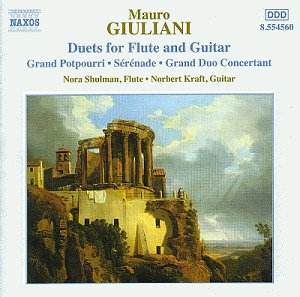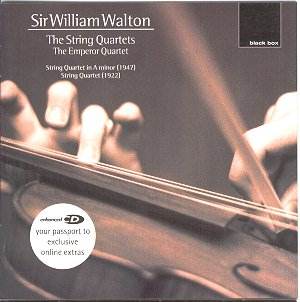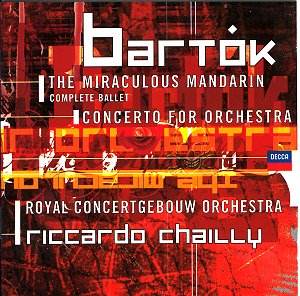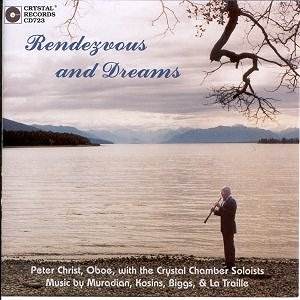 Composer: Mauro Giuliani
Composer: Mauro Giuliani
Works: Duets for Flute and Guitar; Grand Potpourri, Op. 53; Serenade, Op. 127; Grand Duo Concertante, Op. 85; Grand Serenade, Op. 82
Performers: Nora Shulman (flute), Norbert Kraft (guitar)
Recording: St. John Chrystostom Church, Newmarket, Canada, August 1999
Label: NAXOS 8.554560
Mauro Giuliani, often overshadowed by his contemporaries, emerges from the annals of 19th-century music as a pivotal figure in the development of guitar repertoire and performance practice. This recording, featuring a selection of his most celebrated duets, offers an inviting glimpse into the rich interplay of flute and guitar that characterized the salon music of early 19th-century Vienna—a milieu where Giuliani thrived as both performer and composer. His collaborations with luminaries such as Beethoven and Schubert speak not only to his musical prowess but also to the guitar’s rising prominence during this period.
The interpretative choices made by flautist Nora Shulman and guitarist Norbert Kraft present a compelling dialogue that is both playful and virtuosic. In the Grand Duo Concertante, for instance, the performers exhibit a seamless blend of technical agility and lyrical phrasing. Kraft’s guitar playing is particularly noteworthy for its clarity and precision; he deftly navigates the intricate passagework while maintaining an engaging dialogue with Shulman’s flute. Their interpretation captures the work’s inherent charm, especially in the second movement, where Shulman’s expressive legato contrasts beautifully with the crisp articulation of the guitar. This synergy is further enhanced by an acute awareness of each instrument’s tonal qualities, allowing the melodic lines to resonate with an airy lightness.
The engineering of this recording merits commendation as well. The balance between flute and guitar is skillfully achieved, allowing each instrument to shine without overshadowing the other. The acoustics of St. John Chrystostom Church provide a warm resonance that complements the intimate nature of these duets. The clarity of the recording ensures that intricate passages, such as the rapid flourishes in the Rondo finale of the Serenade, Op. 127, emerge with clarity, highlighting the performers’ technical expertise. Norbert Kraft, also serving as the recording engineer, has succeeded in capturing the essence of these performances with a keen ear for detail.
Giuliani’s compositions are characterized by their melodic richness and structural elegance. The Grand Potpourri, with its clever amalgamation of popular melodies and operatic quotations, serves as a delightful showcase for the performers’ interpretative flair. The buoyant spirit of this piece, particularly in its lively rhythms and syncopations, is executed with evident joy. In contrast, the Grande Serenade offers a more reflective experience, its theme and variations revealing Giuliani’s gift for thematic development. The delicate interplay between the instruments in the first movement underscores the conversational quality of the music, while the rousing march that concludes the work leaves a lasting impression.
These performances stand out within the already substantial discography of Giuliani, where interpretations can often veer towards either excessive sentimentality or stark precision. Shulman and Kraft strike a commendable balance, embodying a spirit of collaboration that is both engaging and enlightening. Their nuanced understanding of Giuliani’s style allows them to breathe life into the music, making it accessible and enjoyable for both seasoned listeners and newcomers alike.
This recording serves as an excellent introduction to the works of Mauro Giuliani, exemplifying the charm and sophistication of his compositions while showcasing the talents of two accomplished musicians. For anyone seeking to explore the delightful world of guitar and woodwind duets, this Naxos release is a resounding triumph, illuminating the joyful spirit of a bygone musical era.



